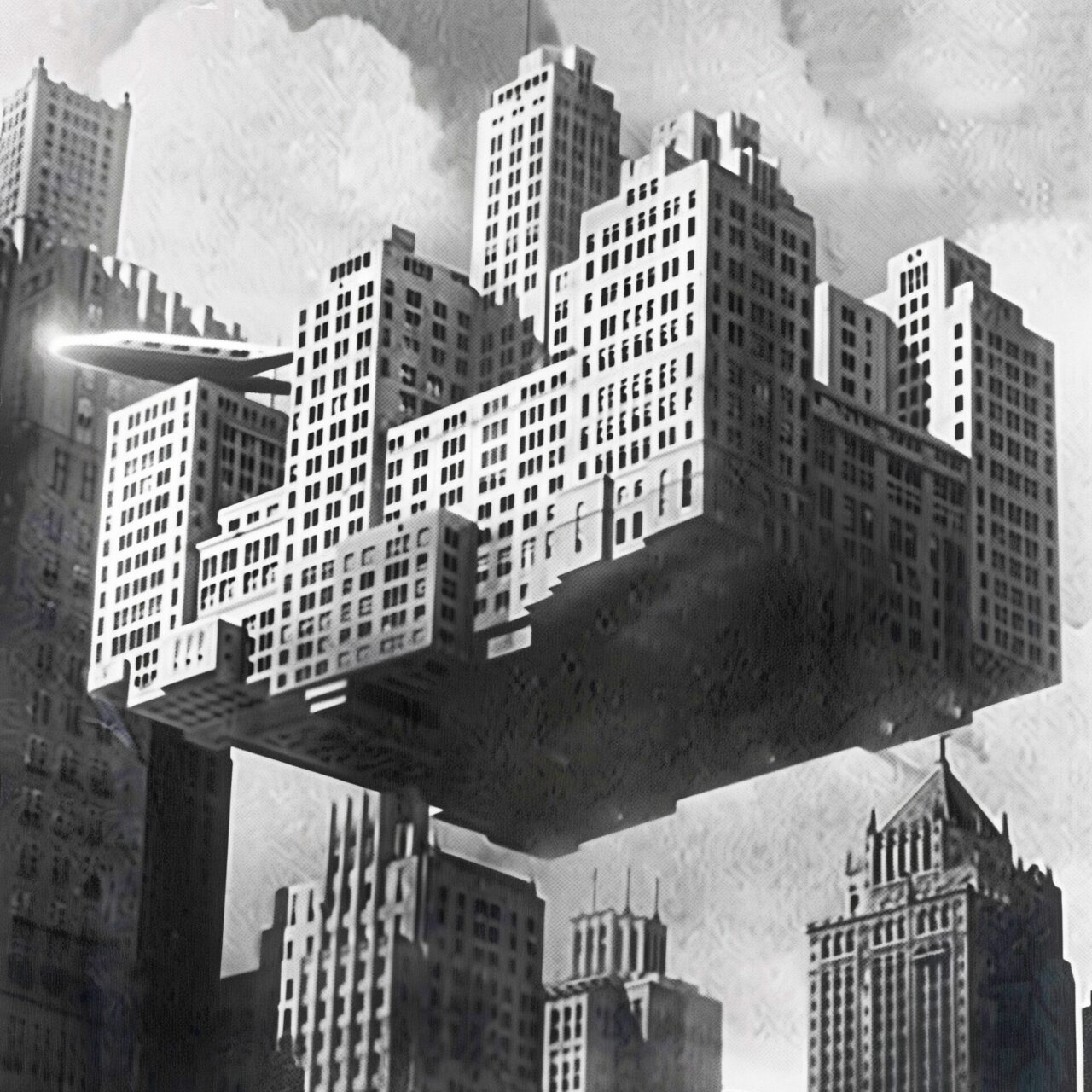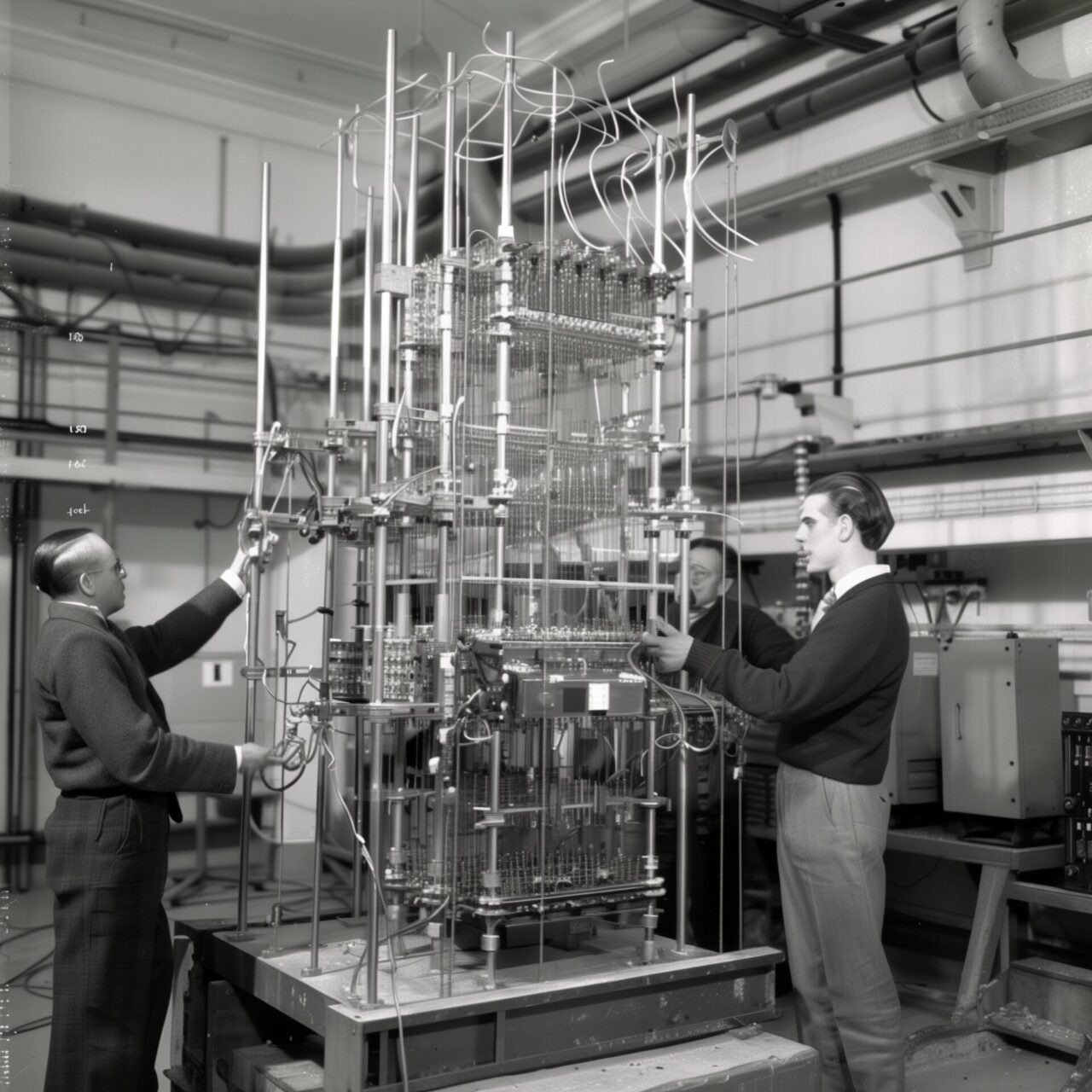
What if…?
In the boundless world of speculation, where hypotheses rule and logic is often only a guest, the question “What if…?” blooms like an exotic flower in the garden of the human mind. This question is the driving force behind many scientific theories, literary works and late-night discussions in gloomily lit cafés. It leads us through alternative histories, unexplored scientific territories and the dark corners of human nature. Let’s explore some of the most popular “what if…” scenarios and their implications on our perception of the world.
What if the dinosaurs hadn’t died out?
Let’s start with a classic paleontological thought experiment. The extinction of the dinosaurs around 65 million years ago is a cornerstone of Earth’s history that enabled the rise of mammals and eventually humans. But what if the mass extinction had never happened? In this alternative timeline, dinosaurs could have evolved into even more intelligent, perhaps even civilised beings. Humans could exist in this world as a subordinate species or never have evolved at all. Pop culture has passionately embraced this scenario in films such as “Jurassic Park” and in numerous sci-fi novels, which paint a fascinating, albeit fictional, picture of such an Earth.
What if Hitler had won the Second World War?
A dark and often controversial scenario is the hypothetical idea that the Axis powers would have won the Second World War. This idea has given rise to its own literary sub-genre: alternative historiography. Works such as Philip K. Dick’s “The Oracle of the Mountain” or the TV series “The Man in the High Castle” paint a picture of a dystopian world ruled by totalitarian regimes. This scenario often serves as a gloomy reflection on authoritarianism, surveillance and the loss of freedom and human rights.
What would happen if artificial intelligence technology got out of control?
In the era of digitalisation and technologisation, the question of a potentially rebellious AI is a burning issue. The concern that artificial intelligence could one day take over is reflected in countless sci-fi works such as “Terminator”, “Ex Machina” and “Westworld”. These narratives not only explore the potential dangers of such a development, but also pose philosophical questions about the nature of consciousness and the ethics of creation.
What if you could travel back in time?
Time travel is an inexhaustible field for “what if…” scenarios, from the prevention of historical catastrophes to personal corrections of past mistakes. The consequences of such interventions in the flow of time are a popular theme in literature and cinema, exemplified in works such as “Back to the Future” and “Looper”. These stories not only provide exciting entertainment, but also raise profound questions about determinism and free will.
A universe full of possibilities
“What if…?” scenarios are more than just mind games. They are an expression of our deepest fears, hopes and dreams. They allow us to consider the consequences of our actions from a safe distance and perhaps return from these fictional journeys a little wiser. In the world of infinite possibilities, they provide us with an indispensable framework for exploring the complexity of our existence and the countless paths that lie ahead.

